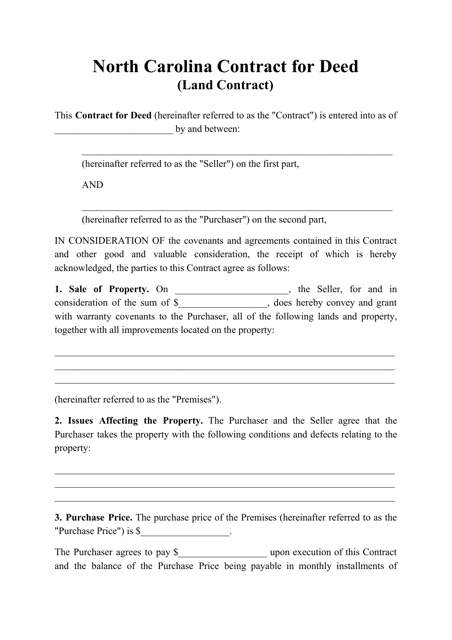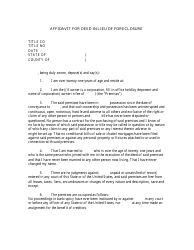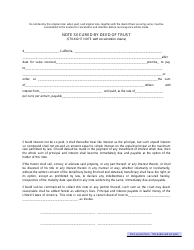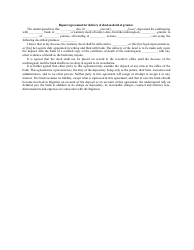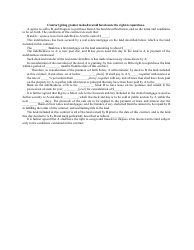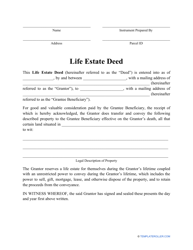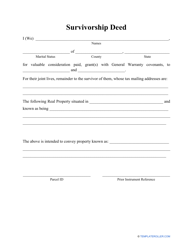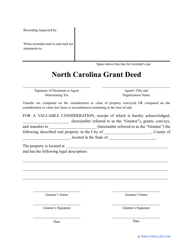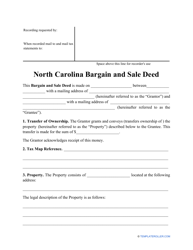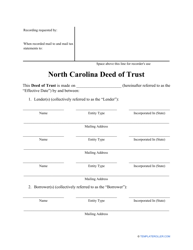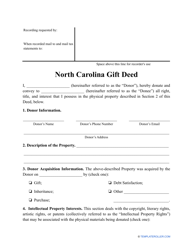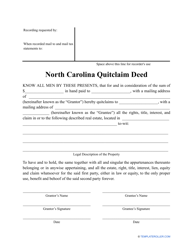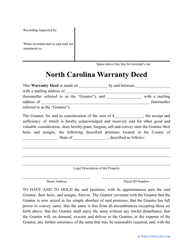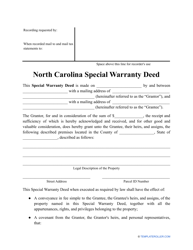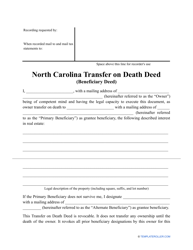Contract for Deed (Land Contract) - North Carolina
A Contract for Deed, also known as a Land Contract, in North Carolina is a legal agreement between a buyer and a seller for the sale of a property. This type of contract allows the buyer to make installment payments to the seller over a period of time, typically without involving a traditional bank or mortgage lender. The buyer takes possession of the property but doesn't receive the deed until the full purchase price is paid. It is a way of financing a real estate purchase for those who may not qualify for a traditional mortgage loan.
In North Carolina, the buyer typically files the Contract for Deed (Land Contract) with the Register of Deeds office in the county where the property is located.
FAQ
Q: What is a Contract for Deed?
A: A Contract for Deed, also known as a Land Contract, is an agreement between a buyer and seller where the buyer makes payments directly to the seller to purchase the property.
Q: How does a Contract for Deed work?
A: In a Contract for Deed, the buyer occupies the property and makes monthly payments to the seller over a specified period of time. Once the payments are completed, the buyer gains full ownership of the property.
Q: Is a Contract for Deed legally binding in North Carolina?
A: Yes, a Contract for Deed is legally binding in North Carolina. It is a valid alternative to traditional mortgage financing.
Q: What are the advantages of a Contract for Deed?
A: The advantages of a Contract for Deed include greater flexibility in financing, potential for lower closing costs, and the ability to become a homeowner without a mortgage.
Q: What are the risks of a Contract for Deed?
A: The risks of a Contract for Deed include the possibility of losing the property if payments are not made, limited legal protection for the buyer, and the need for a detailed contract to protect both parties' interests.
